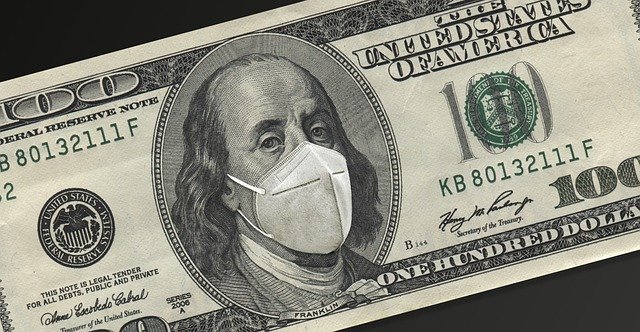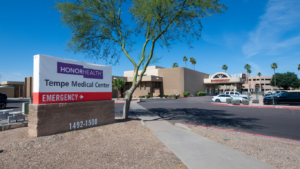What is happening with your PPP loan? What are the next steps? If you accepted the Payroll Protection Program Loan, you may be feeling anxious about having the loan forgiven.
• Will the PPP loan affect my taxes in 2020?
• Will I miss the deadline to apply for PPP loan forgiveness?
• If I apply now instead of later, will my PPP forgiveness be affected?
The answer lies in the SBA’s complex formulas of the loan forgiveness instructions as well as your business forecast. Here is an executive summary of what to know:
Should I apply for PPP loan forgiveness sooner or later?
For businesses with lower staffing levels than pre-Covid, you are best waiting until January 2021 to apply for PPP loan forgiveness. There are two PPP safe-harbor provisions with a date of 12/31/2020, meaning you have until then to rehire or increase pay back to pre-Covid levels without penalty.
If you are forecasting a major downturn or planning additional staffing reductions between now and the end of 2020, it might make sense to apply for PPP forgiveness now. Consult with your finance or accounting team to build a PPP forgiveness forecast to see if applying now makes the most sense.
For businesses with the same or higher staffing levels than pre-Covid, you can apply now and likely achieve 100% forgiveness but may face increased taxes in 2020 (see the next section.) This is also true for businesses who were mandated to reduce business operations because of CDC, DHS, or OSHA guidelines (think: restaurants, barber shops, gyms, etc.)
Will the PPP loan affect my 2020 taxes?
As of time of writing, having your PPP loan forgiven will increase your taxes. Although the CARES act states that receiving the loan is not taxable, the IRS has deemed that any expense paid for by a forgiven PPP loan is not tax deductible. In principal, this makes a forgiven loan taxable, while an unforgiven loan is not (yet) taxable. The IRS’ stance has upset Congress, and there has been talk they will pass a law to reverse the IRS’ decision; but, at this time, the IRS’ ruling stands. So if your PPP loan is forgiven in 2020, your 2020 tax bill will be higher.
What happens if your PPP loan is forgiven in 2021? Will you pay higher taxes in 2021 or will you have to restate 2020 taxes? The answer is not yet clear.
Given the sheer number of PPP recipients, requiring 2020 taxes to be restated would be a paperwork nightmare for the already under-staffed IRS. Until we know more information, CFOshare is advising most of our clients to wait until 2021 to file for forgiveness. This allows time for Congress to pass additional legislation in favor of borrowers or, at the very least, defers tax obligations one more year.
What are the PPP forgiveness application deadlines?
First, there is a good chance your lender is not even accepting forgiveness applications yet. Most lenders are still setting up web-based PPP forgiveness applications, so even if you want to, you may not be able to apply.
The next deadline for you to be aware of is 10-months following the completion of your Covered Period*. If you submit your forgiveness application within that 10-month deadline, you will not be required to make loan payments until your application is processed (if you receive 100% forgiveness, you’ll never need to make loan payments.) For example: if you received a PPP loan in May 2020 and elect a 24-week forgiveness period, you should apply for forgiveness no later than August 2021 to avoid debt payments.
If you miss the 10-month deadline and end up making PPP debt payments, you will eventually have those payments refunded (assuming your loan is 100% forgiven.) But it is always better to keep the cash in your business rather than lend it to the government for free, so set reminders in your calendar well before your deadlines in 2021.
What is best practice for PPP loan forgiveness?
There is no universal best practice for the PPP loan – what is best for your business will depend on your situation and outlook. Work with your finance and accounting team to understand your forecast, cash needs, and tax situation, then make an informed decision.
If you do not have a business forecasting process, now is a great time to start. Forecasting is key to any business surviving uncertainty and avoiding unnecessary challenges.
Remember – stimulus is no replacement for business strategy. Stay focused on your priorities, keep in communication with your business advisors, and spend most of your effort on business fundamentals and growth initiatives, not PPP forgiveness.
Not sure what to do next?
CFOshare helps small business owners navigate the PPP and develop financial strategy. We would love to talk, click here to schedule a free consultation.
*The Covered Period is either 8-weeks or 24-weeks following the date you received PPP funding; or the alternative covered period is the 8-week or 24-week period starting the date of your first full payroll cycle for companies with biweekly or weekly payroll.
LJ Suzuki is an author at CFOshare.




